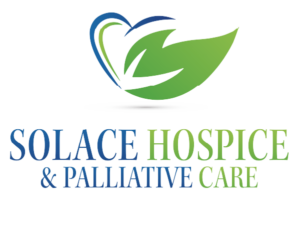
More than half of older adults take five or more medications per day. That’s “polypharmacy,” and can be dangerous. Taking too many medicines can cause problems such as dizziness, mental confusion, and heart failure. It can create an increased risk of falls, which often lead to the end of independent living. An estimated 10% to 30% of older adult hospitalizations are due to medication problems.
It’s easy for medicines to pile up. A specialist may not know what other doctors are prescribing. Doctors hesitate to eliminate a drug another physician has ordered. Your relative may be on medications that made sense following a hospital discharge but are no longer needed.
Any time there is a significant health event or behavior change, consider a medication review.
October 23 is National Prescription Drug Take Back Day. Use this as a reminder to ask for a review of medicines, supplements, and over-the-counter drugs with the doctor or a pharmacist.
- Questions to ask. What is each drug for? Can any be eliminated? Are the side effects worse than the conditions they treat? Are they safe to take with the other drugs?
- Explore other options. Is a lower dose possible, for fewer side effects? Would a generic be just as effective, yet less expensive? (Good for the pocketbook!) Could lifestyle changes, such as diet or exercise, reduce the need for a drug?
- Eliminate only one medicine at a time. This way you will know if stopping a particular prescription creates a problem. Don’t do this on your own! A doctor’s supervision is needed to determine which drugs are okay to “de-prescribe.”
If you have drugs to dispose of, do it safely. Look for your local safe disposal sites at med-project.org. (Flushing drugs down the toilet pollutes the water table. Throwing them in the trash may lead to children, pets, and others getting to them in ways that could be dangerous.)

